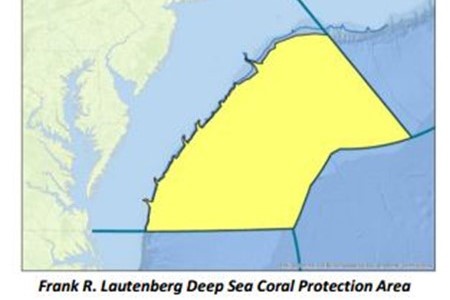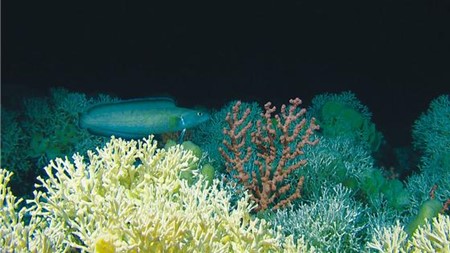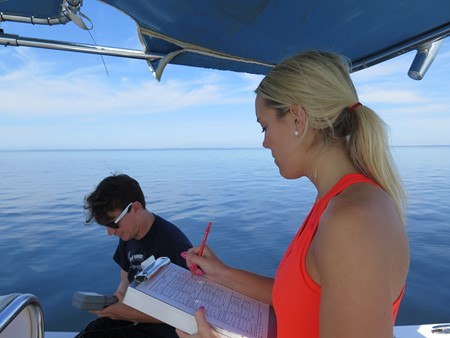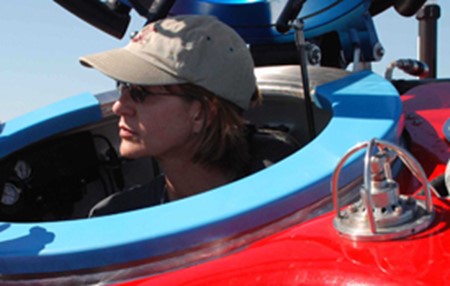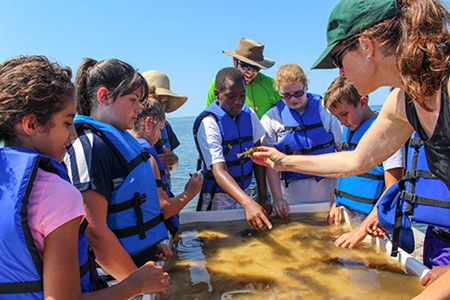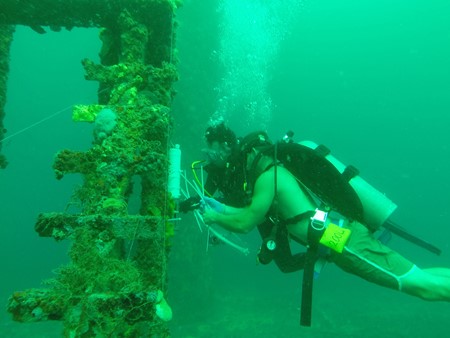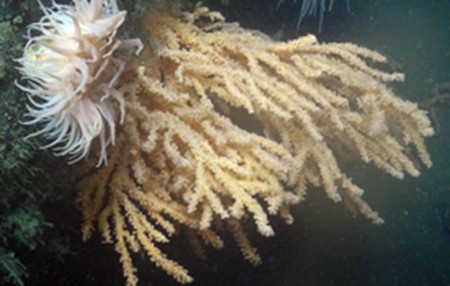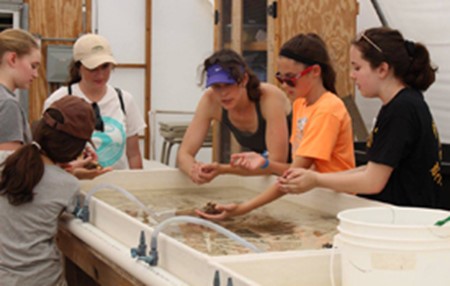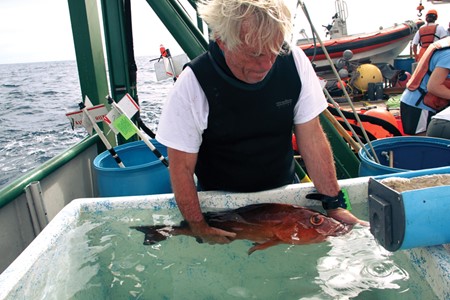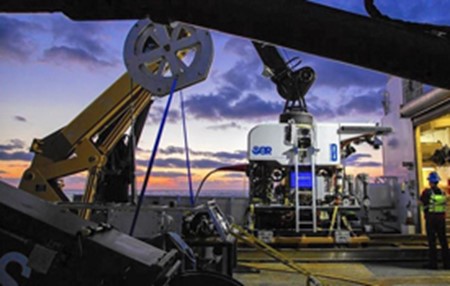Dr. Sandra Brooke has been instrumental in the process of protecting deep sea corals in the Mid-Atlantic. NOAA Fisheries just announced the final rule for the Mid-Atlantic Fishery Management Council’s action to designate a large offshore protected area, >38,000 sq miles of canyon and slope habitat from bottom tending gear.
Dr. Sandra Brooke travels to Norway on FATE Research Cruise
Dr. Brooke is researching the changing environmental conditions on cold-water coral reefs located in Norway.

